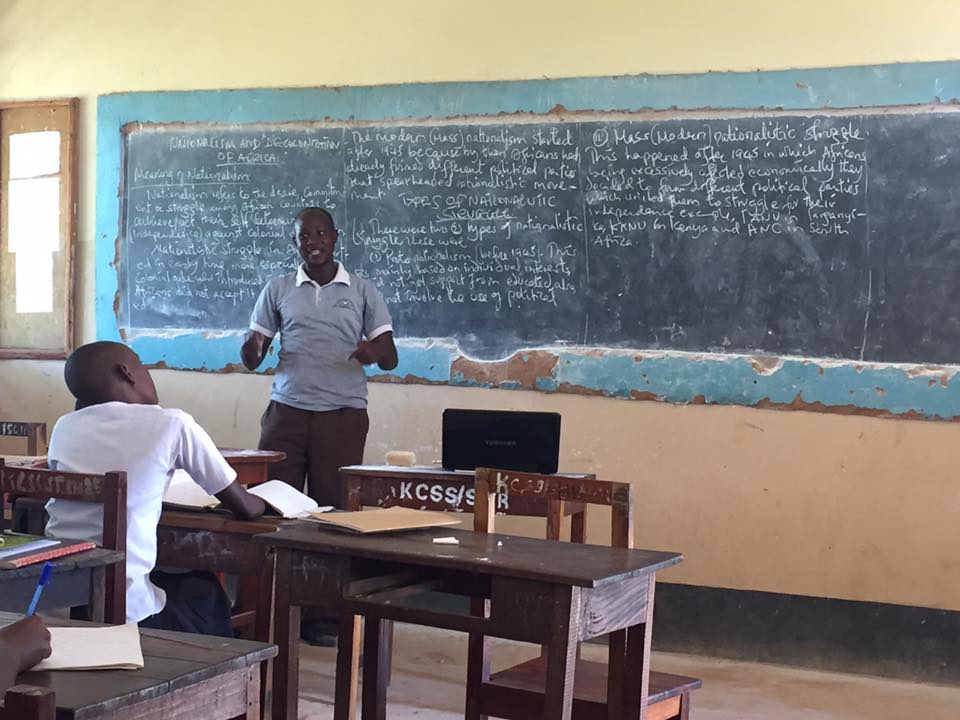Introducing the bright and insightful, Tania!
Q: What’s your name and how old are you?
My name is Tania Farooq and I was born on 12th October, 2000. I am 16 years old. I belong to Dhok Nato Wala from Hattar village.
Q: What does education mean to you?
Education changes the personality of a person. An educated person can secure better job and respectable place in the society. Education teaches the ways to respect elders.
Q: How does the opportunity of education change women’s life?
Education holds significant importance in the life of a woman. An educated woman knows how to raise her voice and fight for her rights. People are scared to commit violence on an educated woman because they know she will not bear it. An educated woman has awareness unlike an uneducated woman.
Q: What is your favorite subject and why?
Mathematics, Pakistan studies and Urdu are my favorite subjects. I love to do the calculations involving addition, subtraction, multiplication and division. I also like the counting. I enjoy the poetry in Urdu. In Pakistan studies, I am really keen to know about the history of my country. It feels good to know about the boundary of Pakistan.
Q: Tell us something about you that you want us to know. What do you like to do in your free time? What are your dreams?
I love to read magazines, buy the beauty parlor’s stuff and do the cooking. I want to become the captain in the army when I grow up. I want to serve my parents and my country. I want to have a huge hospital and school in my village. I want every girl of my village to be educated.
“People are scared to commit violence on an educated woman because they know she will not bear it. An educated woman has awareness unlike an uneducated woman. ”









